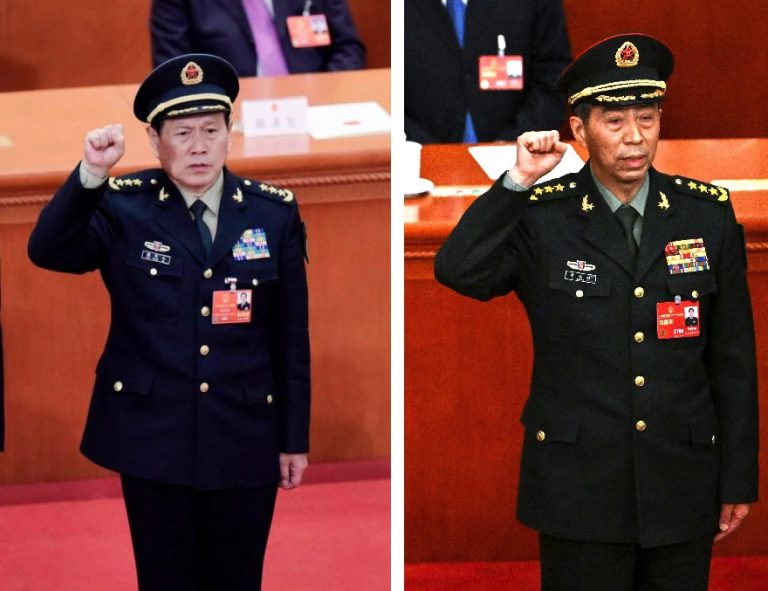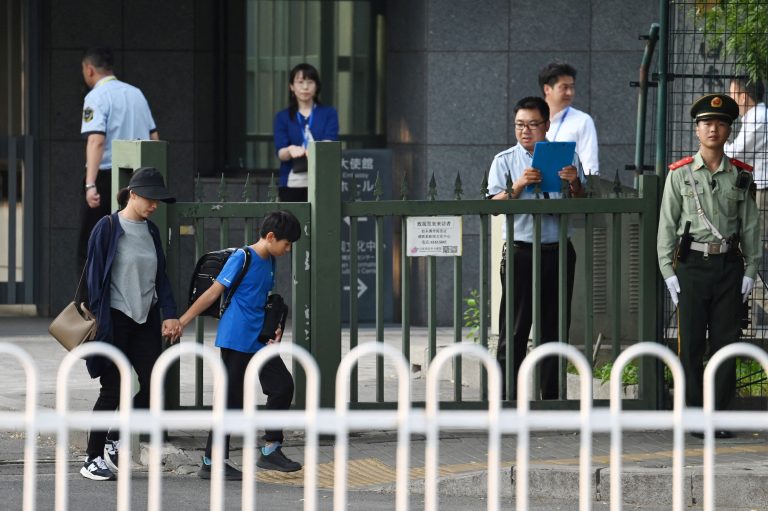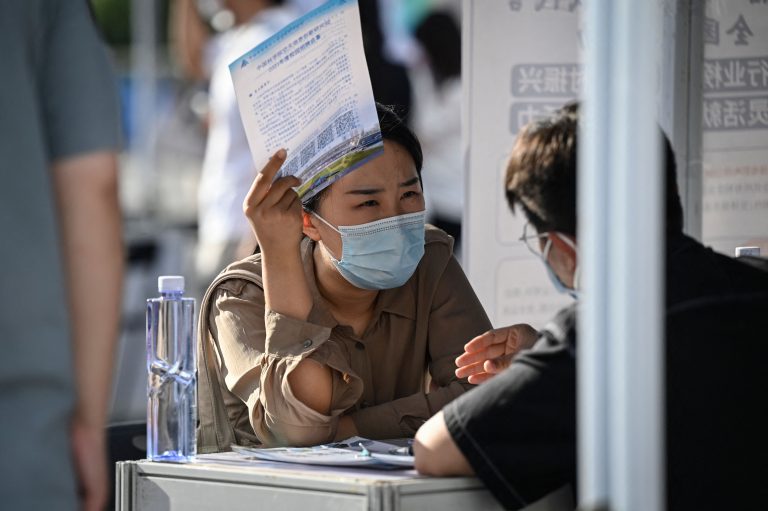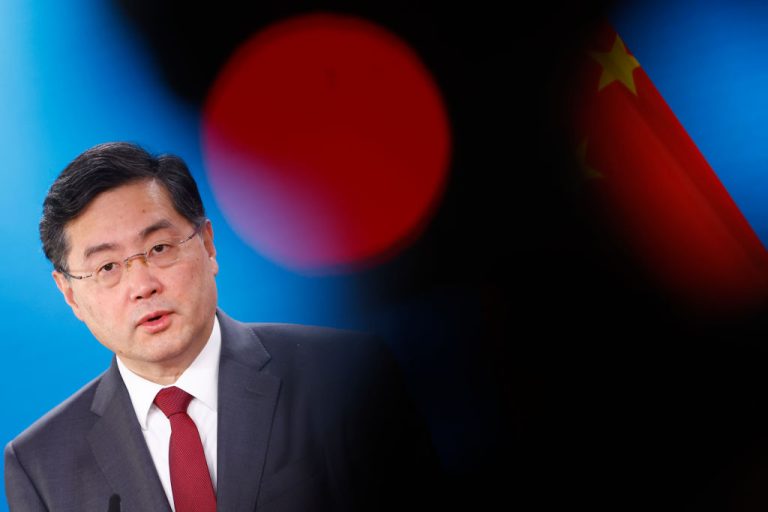In a meeting chaired by Xi Jinping on June 27, the Politburo of the Chinese Communist Party (CCP) announced the schedule for a long-awaited leadership conference, as well as the expulsion of two former defense ministers from the Party for corruption.
The two four-star generals of the People’s Liberation Army (PLA), Wei Fenghe and Li Shangfu, were stripped of their ranks. Investigations by the CCP’s disciplinary authorities into their crimes began in late 2023, state mouthpiece Xinhua reported.
Xinhua described Wei and Li’s crimes as follows: “extremely serious, the impact was extremely egregious, and the damage was particularly immense.”
- Xi and Putin Strengthen Sino-Russian Ties at Shanghai Cooperation Organization Summit
- US Expands Sanctions on Chinese Firms Supplying Russia’s War Effort
- Hong Kong Passes Infamous ‘Article 23’ in Show of Growing Communist Hold
SinoInsider, a risk consultancy specializing in Chinese elite politics, noted in a July 27 post on X that “the ousting of Wei and Li in this manner suggests that Xi Jinping is still struggling with massive corruption in the PLA. This in turn calls into question the PLA’s ability to invade Taiwan or undertake other acts of serious aggression in the short-term.”
Meanwhile, the CCP will be holding the Third Plenary Session of the 20th Central Committee from July 15 to July 18.
Success
You are now signed up for our newsletter
Success
Check your email to complete sign up
For the last several decades, central committees of the CCP have served five-year terms; the Third Plenum is typically used to discuss and announce Chinese economic policies.
‘Deep-water territory’
However, the timing of the 20th Central Committee’s Third Plenum is delayed by almost a year from its normal schedule, something that SinoInsider believes occurred due to political troubles facing the Xi leadership.
Aside from China’s bleak economic situation making it awkward to hold the meeting at the typical interval, the purge of various high-ranking officials for corruption who were seen as Xi’s allies starting in mid-2023 likely left the leader “undecided on how to proceed pending the outcome of corruption investigations,” as well as being faced with “the clear lack of intra-Party consensus amid the political turmoil,” SinoInsider wrote in a July 1 analysis.
Both Li Shangfu and Wei Fenghe were regarded by China-watchers as being in the Xi camp. Li was abruptly removed from his post as Chinese defense minister last year, following the disappearance and later removal of Qin Gang, the foreign minister promoted by Xi.
- Communist China Heads Down a Road of Isolation and Impoverishment
- Echoes of Tiananmen Square: 35 Years Later, People’s Calls to Remember Grow Louder
- Communist China Aims for ‘Total Subversion’ of Taiwan Following Presidential Election, Insider Yuan Hongbing Warns
“We believe that Xi’s purging of his allies and loyalists in the military foreshadows a move to consolidate power further at the Third Plenum,” SinoInsider wrote on X, “and take various reforms and rectifications into so-called ‘deep-water territory.’”
In addition to purging Wei, Li, and others for serious corruption that undermines the ability of the PLA to serve as an effective fighting force, the fact that Xi was willing to go after his own allies could suggest that he is preparing bigger moves against his enemies in the Communist Party.
Yuan Hongbing, an Australia-based Chinese dissident and jurist with insider contacts in the CCP establishment, previously told Vision Times that according to his sources, the Xi leadership has been divided on how to handle the political legacy of Jiang Zemin, the former Party boss whose era of influence ran from the late 1990s until Xi’s ascension to power in 2012.
Xi Jinping hopes to openly denounce Jiang’s political legacy, Yuan said, but views on this among the six other members of the CCP Politburo Standing Committee — the top leadership body — are mixed.
Such a move would strengthen Xi’s personal authority in the CCP. However, criticizing a former leader whose faction retains influence to this day could also seriously destabilize the regime, per SinoInsider’s analysis.







